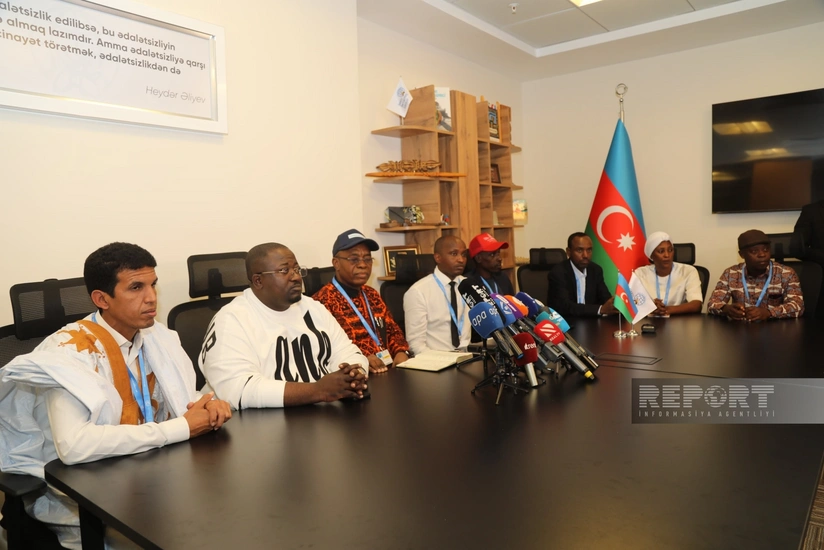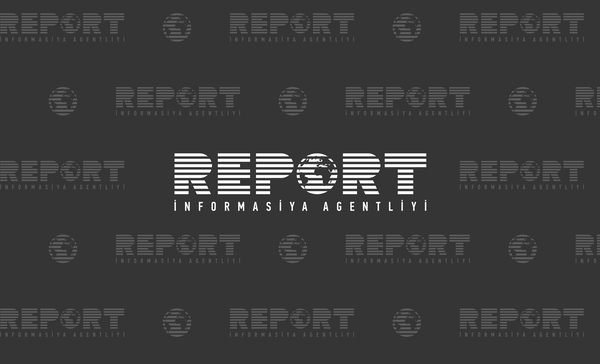Africa representatives discuss continent's climate agenda at BIG meeting
- 20 November, 2024
- 15:19

Representatives from African countries discussed Africa's climate agenda at a meeting in the Baku Initiative Group (BIG), addressing climate literacy, green agenda, and environmental problems accumulated during colonialism and continuing as its severe consequences.
According to Report, Mohammed Abdelrahman Ahmed Ali, manager of the Green Mauritania Youth network from Mauritania, noted that young people in his country are ready to play a leading role in climate protection.
"But we need support from the international community and access to green financing," said Abdullahi Dare Akogun, editor-in-chief of DA News Media Advocacy for climate literacy and justice from Nigeria. "Climate literacy is key to fighting disinformation and promoting fair solutions. We must give people knowledge so they can influence their destiny," he added.
Uzodimma Akujekwe Adirieje, CEO of Afrihealth Optonet Association (AHOA) and chairman of the Global Civil Society Consortium on Climate Change Conference (GCSCCC) from Nigeria, noted that civil society cooperation at the international level is the strongest tool for overcoming environmental and social consequences of neocolonialism.
He was supported by Koku Selom Agbavita, executive director of the Association of Volunteers for Clean Environment from Togo. "The environmental initiatives we implement should become an example for other countries. Only through united efforts can we resist the destructive effects of climate change," he stated.
